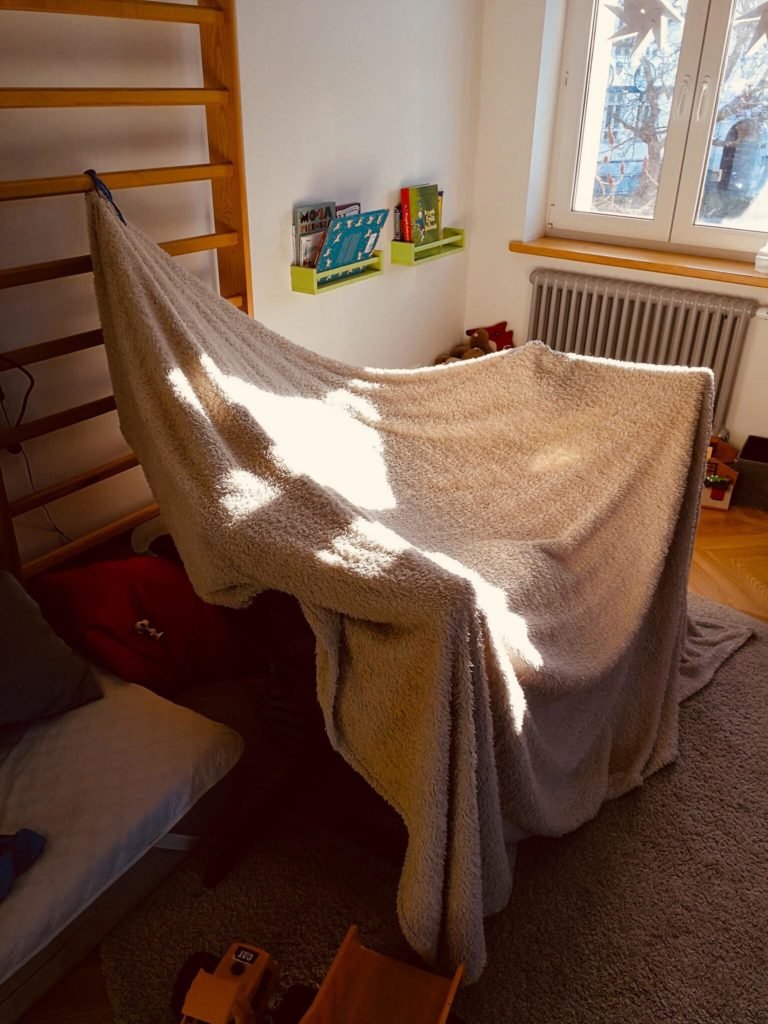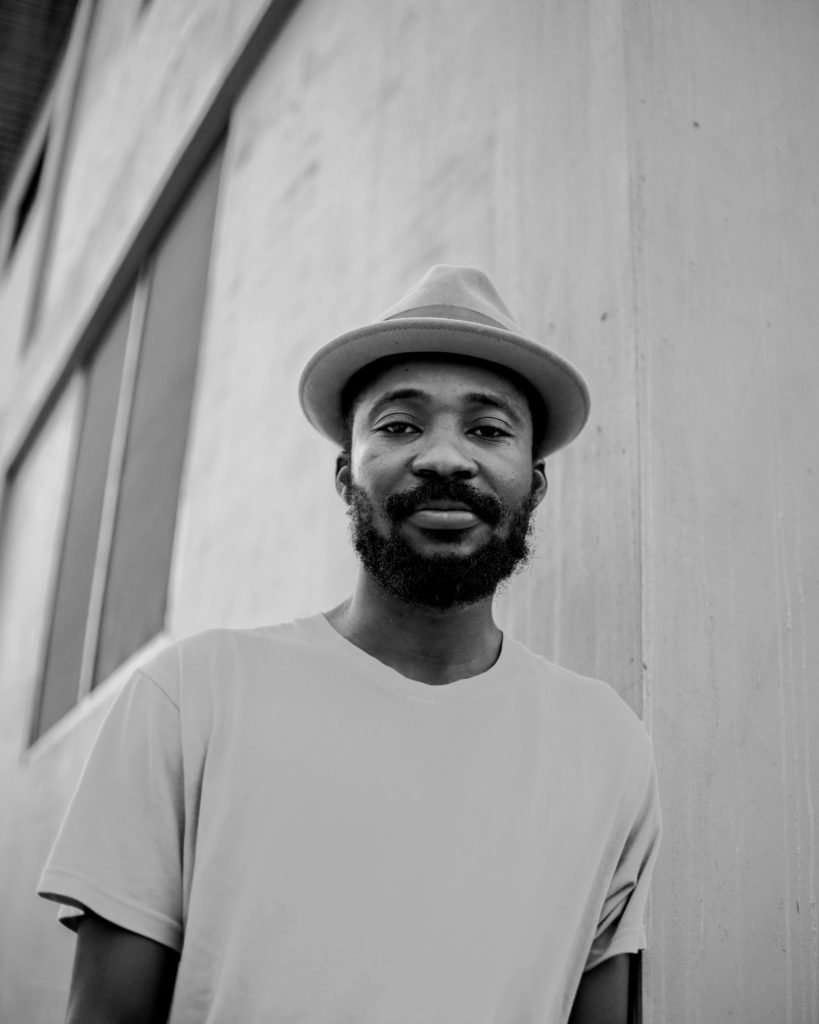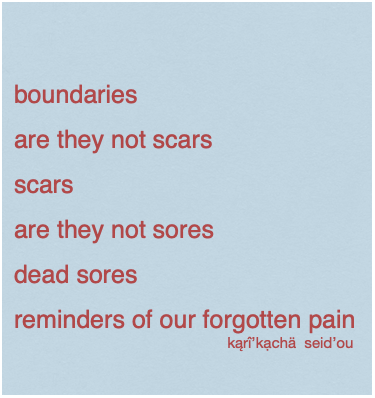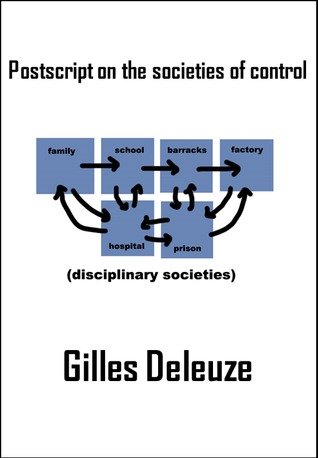Short talk with Ghanian artist, critic and curator Kwasi Ohene-Ayeh.

Kwasi Ohene-Ayeh is an artist, curator and critic based in Kumasi, Ghana. His work is influenced by the “silent revolution” ongoing since 2003 in Ghana’s foremost art college at the Kwame Nkrumah University of Science and Technology (KNUST) inspired by artist-pedagogue karî’kạchä seid’ou which has resulted in ambitious curriculum transformations from the erstwhile “epi-colonial” educational system based on the consensus of classical and early modernist European formats. This seid’ouian paradigm posits art, and by extension curating, as a universal concept that is always emerging from a “generic multiplicity” i.e. a void. The egalitarian ethos finds institutional expression in blaxTARLINES KUMASI— the experimental contemporary art incubator established at the Department of Painting and Sculpture, KNUST, in 2015. Ohene-Ayeh’s curatorial approach is substantially informed by seid’ou’s hopefulness to “transform art from the status of commodity to gift”. Ohene-Ayeh has co-curated ‘Silence Between the Lines: Anagrams of Emancipated Futures’ (2015) and ‘Orderly Disorderly’ (2017), both organized by blaxTARLINES KUMASI. He was guest curator for the inaugural Lagos Biennial (2017) and has also curated ‘Spectacles. Speculations…’ (2018)– featuring 16 artists from Ghana, Holland and Colombia, in Kumasi. Ohene-Ayeh is co-curator of the 12th edition of Bamako Encounters: Biennale of African Photography themed “Streams of Consciousness” (November 30th, 2019 – January 31st, 2020) and is presently a Ph.D student at the KNUST.

What was the last project(s) you were working on that got disturbed by the Coronavirus
An exhibition project which was to have opened in May in Ghana– a retrospective of a Ghanaian artist named Agyeman Ossei who works across painting, sculpture, collage, animation and theater.
How are you managing your work now?
At this point I am having to slow down and reorganize myself in relation to everything that is going on with the global health crisis. I am having to do more learning and research at home.
What do you hope the situation to be „when it is over”? Concerning world in general or just the art world
My hope is that we, as a global society, become stimulated to reflect on our mutual weaknesses and strengths in solidarity rather than isolating ourselves to statist structures. And to seriously think of exhibition making (and art as such) beyond the conventional and institutional limits of the market system, galleries, museums, art fairs, and so on, as they too can fail at any point in time.
Is there any read, movie or an artwork that you’d like to share that seem important for you now
For now I am reflecting on Gilles Deleuze’s short text “Postscript on Societies of Control” and kąrî’kạchä seid’ou’s poem ‘Boundaries, Sores and Scars’ (1998, Fumbisi, Ghana).

